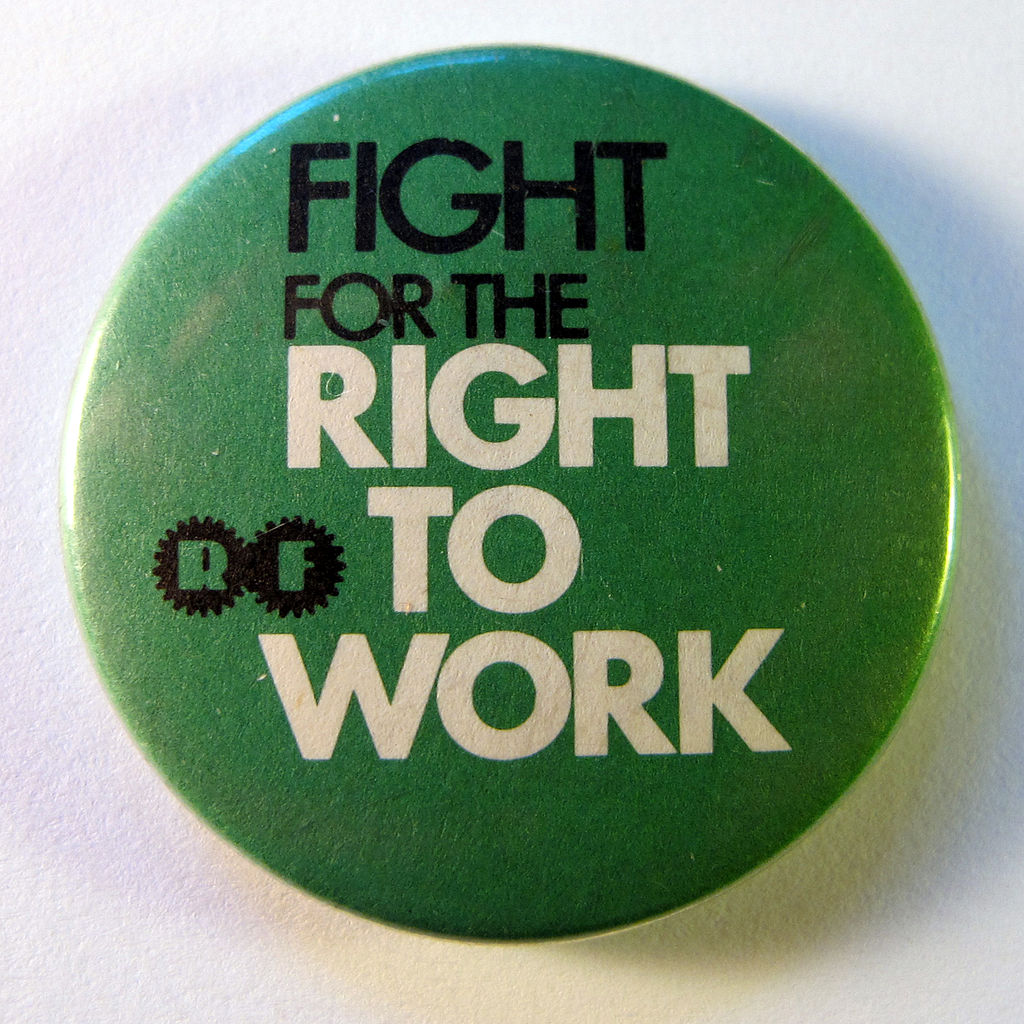Introducing collective bargaining for public employees in Virginia is akin to opening Pandora’s economic box on responsible spending and financial flexibility.
Public-sector unions represent an inherent conflict of interest. The purpose of unions is to collectively pressure employers to give in to demands for higher wages and better worker benefits. In the public sector, however, those employers are democratically elected officials who must also remain accountable to their constituents. Constituents, by the way, who pay the taxes that would inevitably have to increase in order to fund higher salaries for unionized government employees. And if these taxes do not increase, and salaries are not raised, public unions have the power to hold officials hostage by denying essential services like public safety or education.
So who should decide public employee wages: the taxpayers, the elected officials, or the workers themselves? Logic points to the elected officials, who can act as a mediating force between demands for higher wages and lower taxes. Virginia Democrats, however, would take away almost all control from the taxpayer.
Unions have long used their organizations as vehicles of political influence. While a portion of membership dues fund representation and bargaining costs, unions often use a substantial amount of their cash flow for political activities ranging from get-out-the-vote campaigns to election endorsements and contributions. Allowing collective bargaining for public employees would open a direct channel for public-sector unions to influence election outcomes by throwing their tax-funded support behind the candidate who promises the highest pay raise (cue the recent wave of pro-labor legislation by Virginia Democrats).
Beyond unleashing a self-strengthening political machine on state and local elections, public-sector unions can often place a roadblock on meaningful or urgent changes in legislation. Lawmakers would essentially require union approval to change laws related to bonuses and wages increases, which could mean wracking up serious debt in the case of an economic downturn.
The financial crisis of 2007-2009 provides the perfect example. When the recession hit, public union states like New York and Maryland found themselves crippled by union-negotiated contracts that required them to continue issuing pay raises despite a substantial drop in income tax revenue. Meanwhile, Virginia’s ability to make swift funding adjustments granted it the flexibility to delay scheduled pay raises and save hundreds of millions of dollars, which could then be transferred to sectors with more immediate needs.
The biggest potential battleground for public unions is in the field of public education, where teachers unions have historically been among the largest and most influential. In 2017, according to Census data, instructional salaries and benefits made up the bulk of New York’s whopping $25,199 per pupil spending on public education. Virginia, in contrast, spent less than half of that amount in the same year, at $12,171 per pupil. Nevertheless, Virginia’s students have consistently scored on par with or higher than New York students on national education benchmarks, begging the question of whether such increased investment yields worthwhile returns.
Allowing public employee collective bargaining does little in the way of improving government services, while ensuring that any legislative efforts to make effective improvements get tangled up in the weeds of union contracts. If Virginia legislators move forward with their plans to authorize public unions, they must also be prepared to assume the economic repercussions that come with them.

